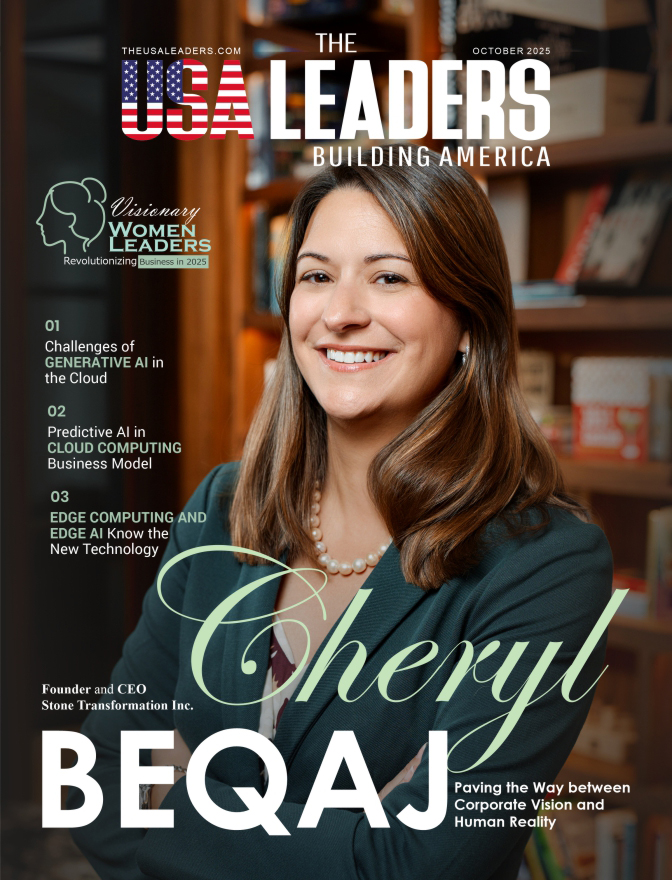High school is a critical stage in a young person’s development, defined by academic demands, personal growth, and significant choices about the future. For many students, this period also comes with mounting pressure—from both internal expectations and external influences—to succeed and establish their identity. Faced with these complexities, navigating high school can often feel overwhelming without support.
In dynamic and high-pressure educational settings —like those found in a high school in Singapore—the presence of a trusted mentor can have a transformative impact. Whether it’s a teacher offering academic guidance, a counselor supporting life choices, or a senior student helping a newcomer adjust, mentorship provides clarity and stability during a formative period of growth.
This article explores the vital role mentorship plays in high school and how it equips students to grow into confident, future-ready individuals.
Academic Guidance and Success
Mentorship provides students with personalized academic support that goes beyond the scope of traditional classroom teaching. While teachers are responsible for managing the needs of an entire class, mentors can focus on individual learners, helping them grasp difficult concepts and develop key skills. For instance, a student struggling with math might receive step-by-step guidance on solving complex equations, while another may get help refining their essay structure and arguments. This targeted support not only alleviates academic frustration but also makes learning more effective and accessible.
Peer mentoring programs provide students with valuable support in managing the demands of their coursework. Many high schools pair older students with younger peers, creating opportunities for guidance grounded in real-life experience. A senior mentor, for instance, might help a junior build effective time management habits or offer strategies for maintaining focus during class. These peer relationships foster a sense of relatability and trust, making academic advice more approachable and impactful.
Ultimately, when students feel genuinely supported—not just instructed—they are more likely to take ownership of their learning and approach academic challenges with greater confidence.
Expanding Perspectives through Diversity
One of the most impactful aspects of mentorship is its ability to expose students to diverse perspectives. Interacting with mentors from different backgrounds broadens their worldview and offers insights that extend beyond their own experiences. These meaningful exchanges cultivate empathy, challenge preconceived notions, and deepen students’ understanding of the world around them.
In diverse school communities, mentorship becomes even more meaningful. International schools, for instance, bring together students and educators from a wide range of nationalities and cultural backgrounds. A student struggling with a math concept might receive help not only from a teacher, but also from a senior peer from East Asia, whose analytical approach offers a fresh, intuitive way to tackle the problem. Similarly, an aspiring scientist could benefit from a mentor with research experience in the Global South, gaining insights into real-world applications that broaden their academic perspective. These cross-cultural exchanges expose students to global ways of thinking, inspiring them to explore new ideas and approaches beyond their own familiar environments.
By bridging cultural and intellectual divides, mentorship broadens students’ horizons and encourages a more interconnected understanding of the world. Engaging with mentors from diverse backgrounds provides students with meaningful insights that not only shape their personal growth but also expand their academic and professional ambitions.
Building Confidence and Resilience
Mentorship empowers students with the confidence to navigate personal challenges and moments of uncertainty. High school is a time of self-discovery, but it often comes with self-doubt and peer pressure, which can make it difficult for students to trust their instincts. Without guidance, setbacks may feel disheartening. A mentor provides reassurance and perspective, helping students view challenges not as failures, but as opportunities for growth.
Some students hesitate to participate in extracurricular activities due to fear of rejection or self-doubt. In these moments, a mentor’s encouragement can be pivotal, motivating them to take that first step—whether it’s auditioning for a school play or trying out for a sports team. Others may struggle with social anxiety, uncertain how to form friendships or navigate conflicts. Mentors offer both emotional support and practical guidance, helping students build resilience and move from avoidance to active involvement.
Career Exploration and Future Readiness
High school is often marked by questions about the future: which career to pursue, whether college is the right path, and how to prepare for life beyond graduation. With so many possibilities, the uncertainty can quickly become overwhelming. Mentors provide valuable insight and perspective, helping students turn vague aspirations into clear, actionable plans—making long-term goals feel more achievable.
Guidance from an experienced mentor can be invaluable. For instance, a student unsure about pursuing a career in healthcare might shadow their mentor during volunteer work at a local clinic, gaining firsthand insight into the profession. Beyond career exploration, mentors offer advice on college applications, selecting a major, and identifying skills that align with the student’s interests. These conversations provide clarity and empower students to make well-informed decisions about their futures.
Developing Lifelong Connections and Support Networks
Mentorship extends beyond guidance during the school years—it cultivates lasting relationships that continue to offer support long after graduation. A trusted mentor can provide valuable perspective during major life transitions, whether academic, professional, or personal. These enduring connections create a sense of stability, reassuring students that they belong to a network that will continue to support and uplift them throughout their journey.
Many students maintain ongoing contact with their mentors, returning for advice or simply to reconnect. Some alumni seek guidance as they advance in their careers, while others choose to give back by mentoring younger students, continuing the cycle of support. Over time, former mentees often become integral members of their mentor’s network, cultivating connections that extend far beyond personal development.
As these relationships evolve, they frequently open doors to professional opportunities—whether through mentor recommendations or career introductions. The true impact of mentorship goes beyond immediate guidance, laying the groundwork for meaningful connections that endure well beyond the classroom.
Mentorship is a powerful force in high school education, shaping not only how students learn but also how they develop as individuals. When young people are guided by mentors who understand, challenge, and support them, they are far more likely to thrive in all aspects of life. For schools and families alike, cultivating meaningful mentoring relationships remains one of the most effective ways to prepare students for today’s challenges and tomorrow’s opportunities.






















